EU Summit
- President Zelenskyy called into the EU summit this week with a call for Ukraine’s EU accession. The question of Ukraine’s membership is expected to be discussed at the summit in December. Meanwhile, the EU summit focused on what security commitments the EU could provide Ukraine (Politico and Euractiv).
- Spanish Prime Minister Pedro Sánchez called Ukraine’s candidacy for EU membership one of Spain’s priorities as it takes over the rotating presidency of the Council. He also called the war in Ukraine a focus of Spain’s presidency while “guaranteeing the unity among all member states.” (Politico and AP)
- European Parliament President Roberta Metsola said that she wants negotiations on Ukraine’s EU membership to begin in mid-December. She said that “Ukraine’s efforts on reforms have been extraordinary, even and especially in times of war” and “I remain optimistic that this can still be achieved this year.” (Politico)
- Ten EU leaders met informally to ‘brainstorm’ the bloc’s enlargement. The group included France, Germany, the Netherlands, Belgium, Italy, Poland, Portugal, Romania, Spain, and Sweden and focused on “how to manage the process of enlargement.” (Euractiv)
- The EU summit avoided talking about Wagner, but several leaders called attention to Belarus (EU Observer).
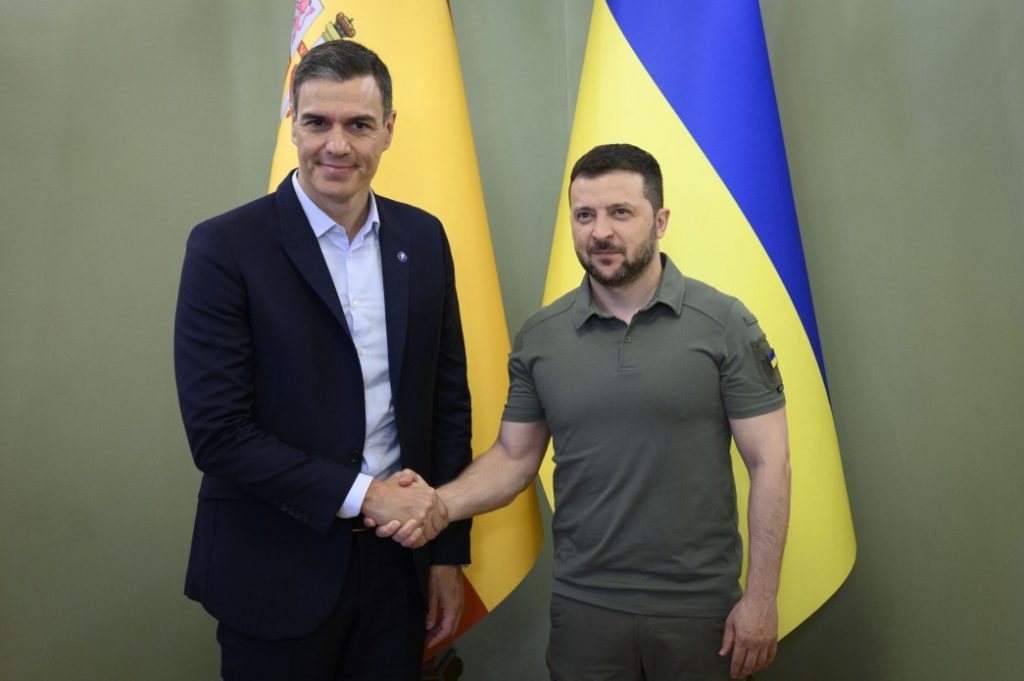
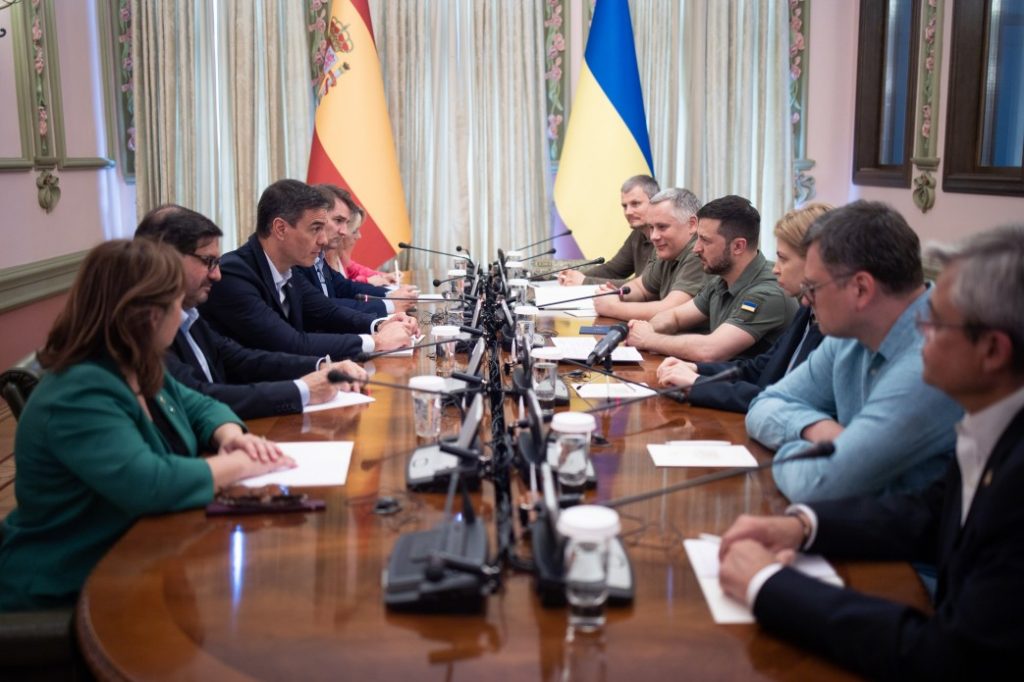
Ukraine and NATO
- In an op-ed published in Politico, authors argue that the upcoming NATO summit in Vilnius provides a chance to “introduce effective security guarantees for Ukraine […] and effectively end the era of so-called strategic ambiguity that has allowed Russia de facto power over the accession of various countries to NATO.” (Politico)
- Zelenskyy has said that he will not attend the summit in Vilnius without signs of “courage” from NATO, citing an invitation to begin the process of joining NATO as an example. Kyiv recognises that Ukraine will not be able to join the alliance while at war with Russia but is asking to “start the procedure.” (Euractiv)
- Ukraine’s Foreign Minister Dmytro Kuleba said that it would be “suicidal” for Ukraine not to be accepted into NATO after the war with Russia. Without Ukrainian membership, Kuleba argued that “the option of … war will remain open” and membership is “the only way to shut the door for the Russian aggression against Europe and Euro Atlantic space as a whole.” (Politico)
- German Chancellor Olaf Scholz argued for the Vilnius Summit to focus on Ukraine’s military power rather than NATO membership, while French President Emmanuel Macron seemed to endorse calls by Ukraine and Eastern NATO members to put Ukraine on the path to joining NATO. He said that “we will have to define a path to give shape to Ukraine’s prospect to join NATO.” (Politico and Euractiv)
- The European Policy Centre says that the summit in Vilnius will “emphasise the transatlantic community’s unwavering commitment to supporting Ukraine to prevail as a sovereign, independent country” and NATO initiatives “will strengthen Ukraine and its current and long-term ability to deter itself against aggression while bringing it closer to NATO, in line with the need to move forward in implementing the decision Allies took with respect to Ukraine’s future membership in NATO.” (European Policy Centre)
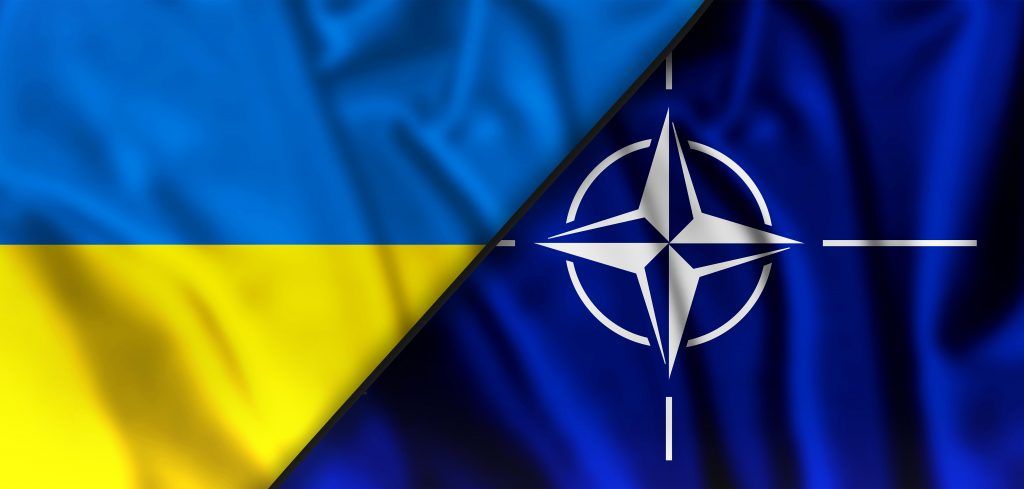
Russia Mutiny
- Kyrylo Budanov, the head of Ukraine’s Military Intelligence Directorate, said that the Wagner paramilitary group will no longer fight in Ukraine after the beginning of a mutiny. Wagner’s head, Yevgeny Prigozhin, is now in exile in Belarus. EU foreign affairs chief Josep Borrell said that “the monster that Putin created, with Wagner, the monster is biting him now; the monster is acting against its creator.” (Politico and EU Observer)
- Hungary’s leader Viktor Orbán said that Putin is still strong after Wagner’s aborted mutiny, saying he did not “see any major importance to that event.” The comments separated him from other Western officials who said the mutiny exposed Putin’s weaknesses (Politico).
- Satellite photos appear to show a new military-style camp in Belarus, with suggestions that it may be used for the Wagner group (AP).
- Eastern European NATO Allies, such as Lithuania and Poland, say that the movement of Wagner troops to Belarus would cause instability in the region. NATO Secretary General Jens Stoltenberg said the alliance is ready to “protect every ally, every inch of NATO territory.” (Euractiv)
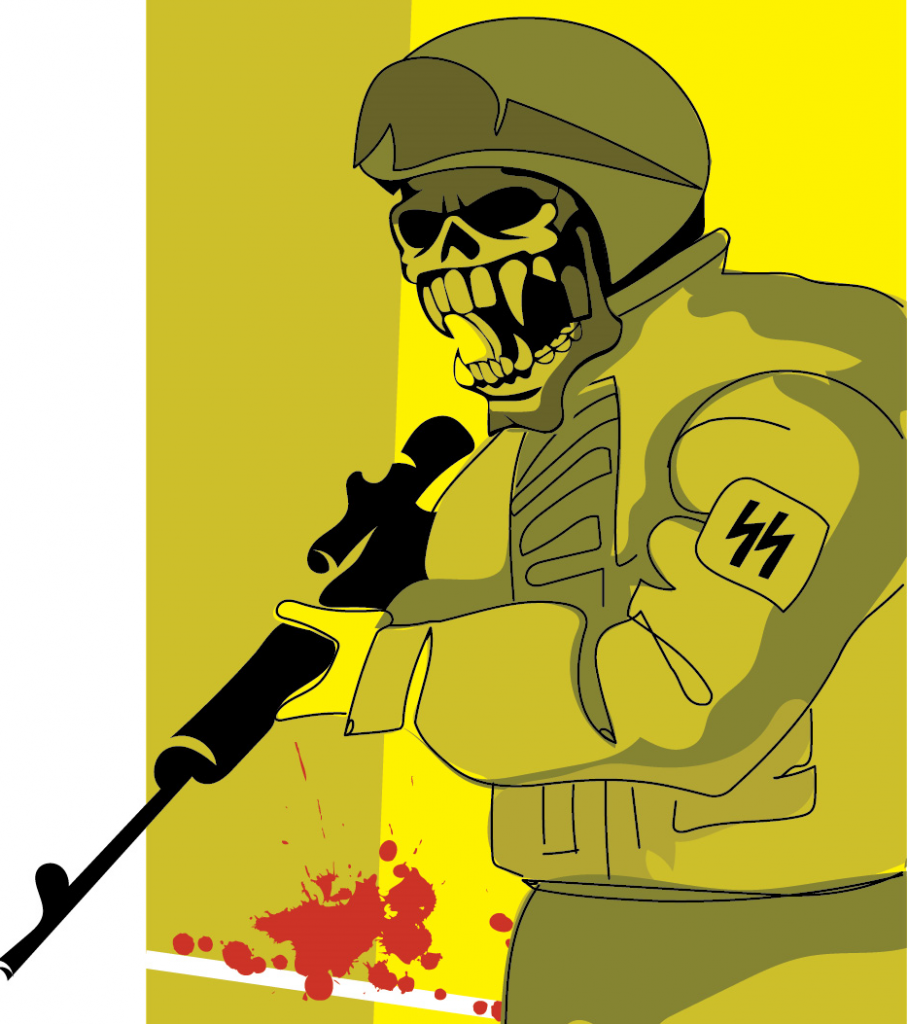
Debate About Cluster Munitions
- Politico reports that the Biden administration is considering sending cluster munitions to Ukraine to support the counteroffensive. It is believed that “the munitions could be one of many tools that makes Ukraine’s campaigns more successful.” (Politico)
UN and Ukraine
- The United States, Britain, and France asked the UN to investigate the reported Russian use of Iranian-provided drones in Ukraine. Russia strongly opposes this investigation and denies using Iranian drones, although evidence to the contrary has been found (AP).
EU Plans
- The EU agreed to new sanctions against Russia focusing on “countering sanctions circumvention through third countries and businesses.” European Commission President Ursula von der Leyen said the measures would “deal a further blow to Putin’s war machine with tightened export restrictions, targeting entities supporting the Kremlin.” (AP)
- The EU Commission will also reportedly present an initiative based on the “windfall profits” from the freezing of Russian assets in the EU to help with the reconstruction of Ukraine (Agence Europe).
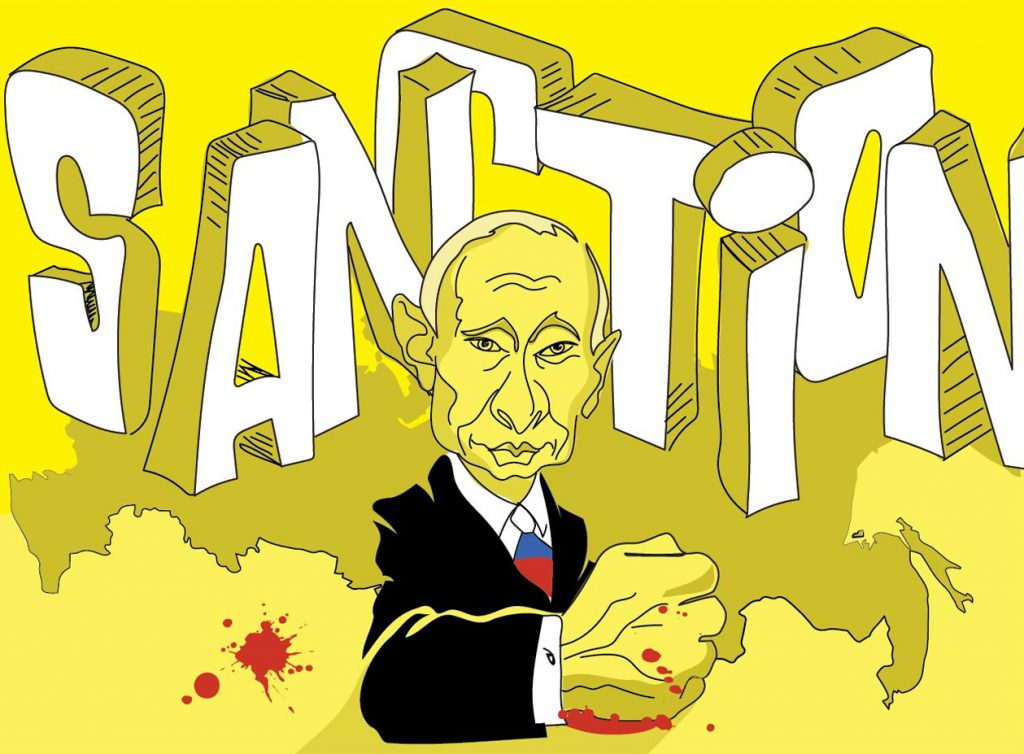
Reports from U.S. CIA Director William Burns
- Burns said Russia’s invasion of Ukraine has increased disaffection, providing a “once-in-a-generation opportunity to recruit spies.” He said, “Disaffection with the war will continue to gnaw away at the Russian leadership beneath a steady diet of state propaganda and practiced repression.” He continued by saying that the CIA is “not letting it go to waste.” (AP)
- AP also reports that Burns said that the mutiny by Prigozhin revealed the “corrosive effect” of Putin’s war in Ukraine. Burns said, “It is striking that Prigozhin preceded his actions with a scathing indictment of the Kremlin’s mendacious rationale for the invasion of Ukraine and of the Russian military leadership’s conduct of the war. The impact of those words and actions will play out for some time – a vivid reminder of the corrosive effect of Putin’s war on his own society and his own regime.” (AP)
- In a secret trip to Ukraine by Burns earlier in June, Ukrainian officials “revealed an ambitious strategy to retake Russian-occupied territory and open cease-fire negotiations with Moscow by the end of this year.” (Washington Post)
Zelenskyy Warnings About Zaporizhzhia Nuclear Plant
- Zelenskyy warned that a “serious threat” remains at the Zaporizhzhia nuclear power plant, which remains under Russian occupation. He said that Russia is “technically ready” to start a localised explosion at the power plant (AP).
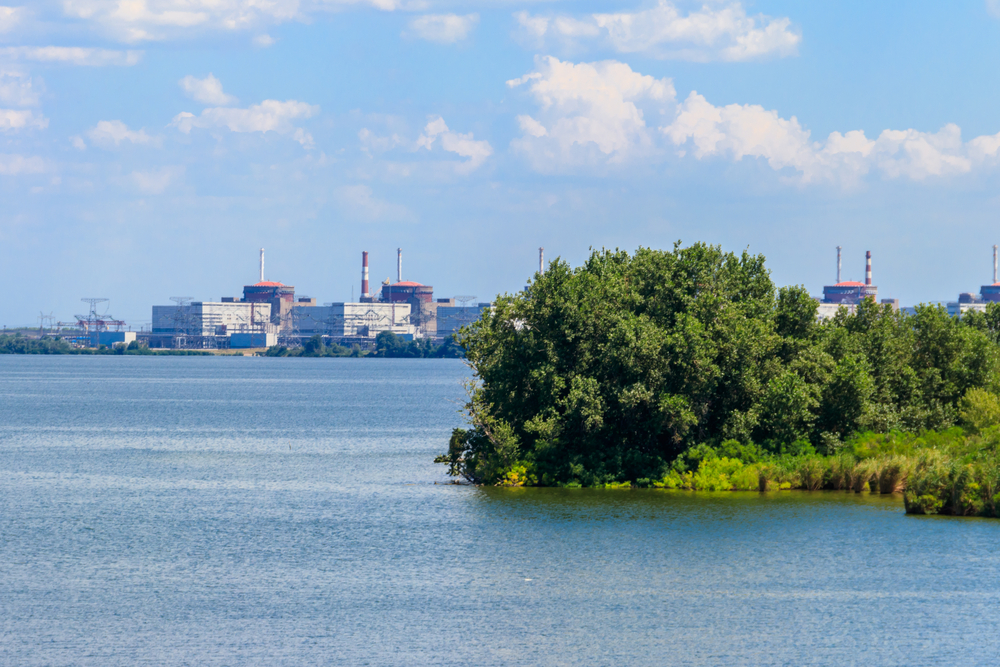
Ukraine’s Counteroffensive
- The United States Chairman of the Joint Chiefs of Staff said that Ukraine’s counteroffensive was “advancing steadily, deliberately working its way through very difficult minefields… 500 meters a day, 1,000 meters a day, 2,000 meters a day, that kind of thing.” (Euractiv)
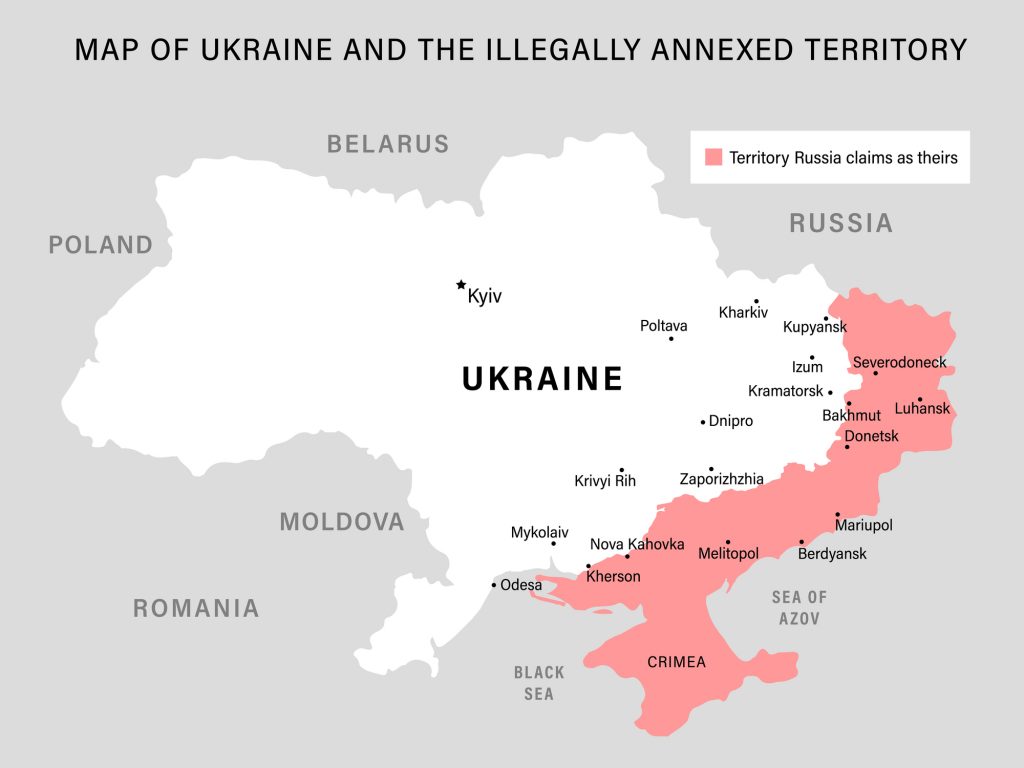
Author: Sophie Adams-Smith, Media Analyst, Promote Ukraine






 UA
UA FR
FR DE
DE




